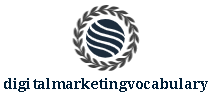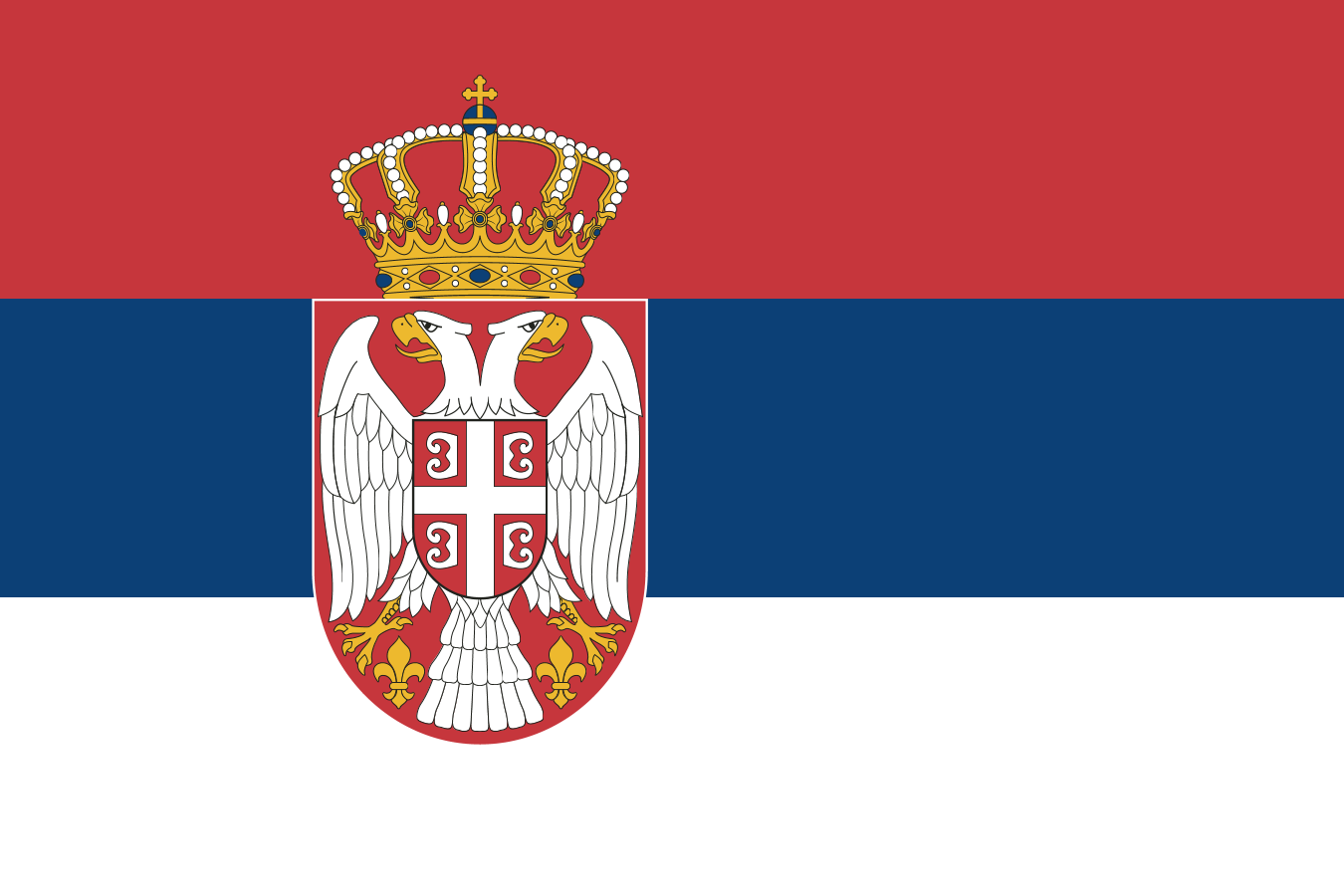Page Authority (PA): Understanding Its Impact on SEO
In the world of SEO, Page Authority (PA) plays a pivotal role in determining the potential ranking strength of a webpage. As digital marketers, we often aim to boost PA to improve visibility in search engine results. Page Authority, developed by Moz, predicts a webpage's ability to rank on search engines, and a higher PA score suggests better ranking potential.
PA scores range from 1 to 100, with higher scores indicating stronger authority. By implementing SEO best practices, we can enhance a page's authority, thereby increasing its chances of appearing prominently in search results. It's important to routinely assess our strategies to ensure we are optimizing for the best possible outcomes.
Understanding the factors affecting PA and how to leverage them can be a game-changer in our digital marketing strategy. Evaluating backlinks, content quality, and technical SEO are critical steps in this process. These elements collectively contribute to improving our web pages' authority and driving more organic traffic to our site.
Understanding Page Authority (PA)
Page Authority (PA) is an essential metric in SEO that predicts how well a specific page will rank in search engine results. By analyzing the factors that influence PA, we can better understand how to improve a page's search visibility.
Defining Page Authority
Page Authority is a score developed by Moz that predicts the ranking potential of a webpage on search engines. It ranges from 1 to 100, with higher scores indicating a greater likelihood of ranking well.
PA is calculated using a machine learning model and considers various link-related factors. Importantly, it does not assess the page's content quality or keywords directly. Instead, PA evaluates the strength and quantity of external links pointing to the page, combined with other undisclosed Moz metrics.
This emphasis on link influence means that while high-quality content is vital, acquiring authoritative backlinks is crucial for increasing PA.
The Mechanics of PA Scoring
PA scoring involves analyzing multiple factors related to links. The algorithm considers the number of root domains linking to a page, the quality and relevance of these links, and the presence of spam signals.
These inputs are processed through proprietary machine learning algorithms. Moz updates the methods periodically, causing PA scores to adjust over time.
By using a logarithmic scale, improving a low score is easier than boosting an already high score. Therefore, PA offers a reliable measure but should be viewed alongside domain authority (DA) for a comprehensive understanding of a page’s potential performance.
Differences Between PA and Domain Authority (DA)
Page Authority and Domain Authority both measure ranking potential but differ in scope. While PA focuses on individual webpages, DA assesses the entire domain.
A high PA indicates strong performance for a specific page, while high DA suggests overall domain credibility. Both metrics use similar link-related factors but with different emphasis levels—DA considers the cumulative effect across all pages within a domain.
When comparing PA and DA, we should emphasize that improving individual page quality can directly boost PA, while DA requires overall domain enhancement. Both metrics can guide SEO strategies, but understanding their unique characteristics helps tailor efforts effectively.
Improving Page Authority
To enhance Page Authority, we should focus on effective link-building strategies, refine on-page SEO elements, and ensure content quality and relevance. These steps strengthen our webpage's authority, contributing to improved rankings and visibility in search engine results.
Best Practices for Link Building
Link building remains a cornerstone of enhancing Page Authority. We should prioritize acquiring high-quality backlinks from reputable websites. This can be achieved by creating valuable content that naturally attracts links, engaging in guest blogging, and participating in relevant online communities.
It's crucial to diversify our link profile by obtaining links from various domains rather than relying on multiple links from a single source. Monitoring and removing toxic or low-quality links also helps maintain a healthy link profile. Using tools like Moz's Link Explorer can aid in assessing the quality of our backlinks and guide improvements.
On-Page SEO Optimization
Optimizing on-page elements plays a significant role in improving Page Authority. We must focus on proper keyword placement, ensuring that targeted keywords appear naturally in titles, headings, and throughout the content. Additionally, optimizing meta tags and creating descriptive, engaging meta descriptions enhance our page's searchability.
Using internal linking effectively helps direct authority throughout the site, while improving site navigation. We should also pay close attention to page loading speed and mobile friendliness, as these factors highly influence user experience and search rankings. Utilizing SEO audit tools can facilitate identifying areas needing improvement.
Content Quality and Relevance
Producing high-quality, relevant content is essential for improving Page Authority. Content should address the needs and interests of our target audience while being well-researched and up-to-date. By offering comprehensive and informative material, we can establish our site as an authority in our niche.
Regularly updating existing content ensures its ongoing relevance and accuracy, keeping visitors engaged. Incorporating multimedia elements such as images and videos enhances user engagement and retention. Encouraging user interaction through comments or shares can further amplify content reach and visibility.

 EN
EN DK
DK SR
SR DE
DE FI
FI